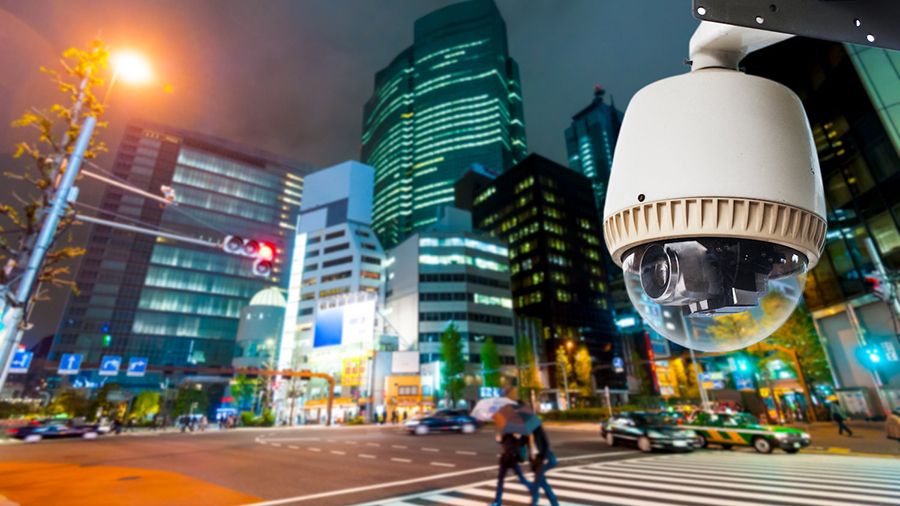🏅From October 1, Japanese exchanges will operate under the control of the regulator🏅

🍀 The Japanese Financial Services Agency (FSA) will begin to follow the crypto-exchange markets more closely from next month. According to the Japan Times, the goal of increased control is the companies' compliance with the revised law on payment services, amendments to which were made in April of this year. The law sets out operational standards for exchanges, and bitcoin is recognized as a legal tender.
🍀 The head of the FSA noted that supervision is necessary both to regulate the work of exchanges, and to ensure the healthy growth of the crypto-currency market, stating:
🦋'Our goal is both market stimulation and regulation ... We are striving for healthy development of the market.'🦋
🍀 The law on payment services, adopted in the first half of this year, provides for observance by the exchanges of AML / KYC rules. The law is also aimed at ensuring compliance with security standards aimed at protecting stock exchanges from cyberattacks.
🍀 The law notes that all exchanges must submit a report to the authorities before the end of September to confirm the compliance of their processes with the new rules. The FSA also has the right to conduct on-site inspections, if it is deemed necessary. To monitor more than 20 crypto-exchange exchanges operating in Japan, the FSA last month created a specialized group, which includes 30 people.
🍀 Japan is not alien to cases of crypto-currency fraud - in the first 7 months of 2017, there were 33 such cases, the total amount of losses from which amounted to about half a million dollars.
🍀 In addition, in 2014, the infamous Japanese Bitcoin Stock Exchange MtGox went bankrupt, which led to the loss of hundreds of millions of dollars by customers. Japanese lawmakers earlier referred to the closure of the exchange as a key factor that stimulated the development of regulations for the crypto-currency industry.

🤗 source: bitnovosti.com 🤗
They say:
We are striving for healthy development of the market.
But they mean:
We want to control every angle of the cryptocurrency market.
Sadly, I'm sure many countries will follow the example of Japan.